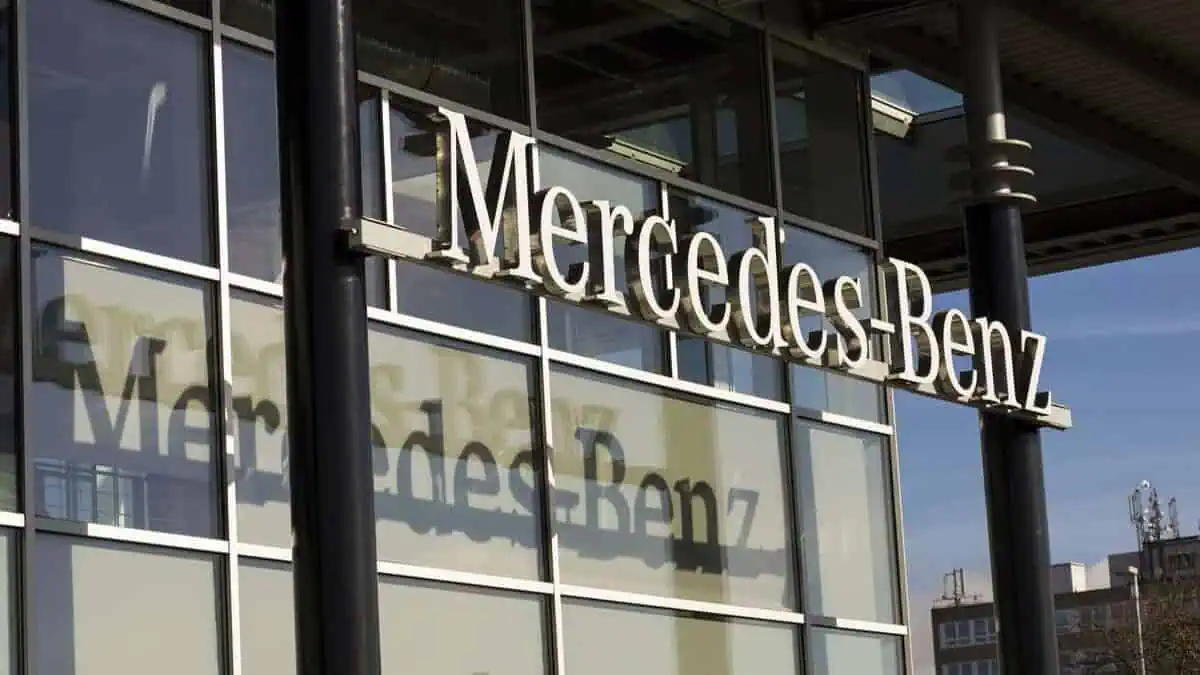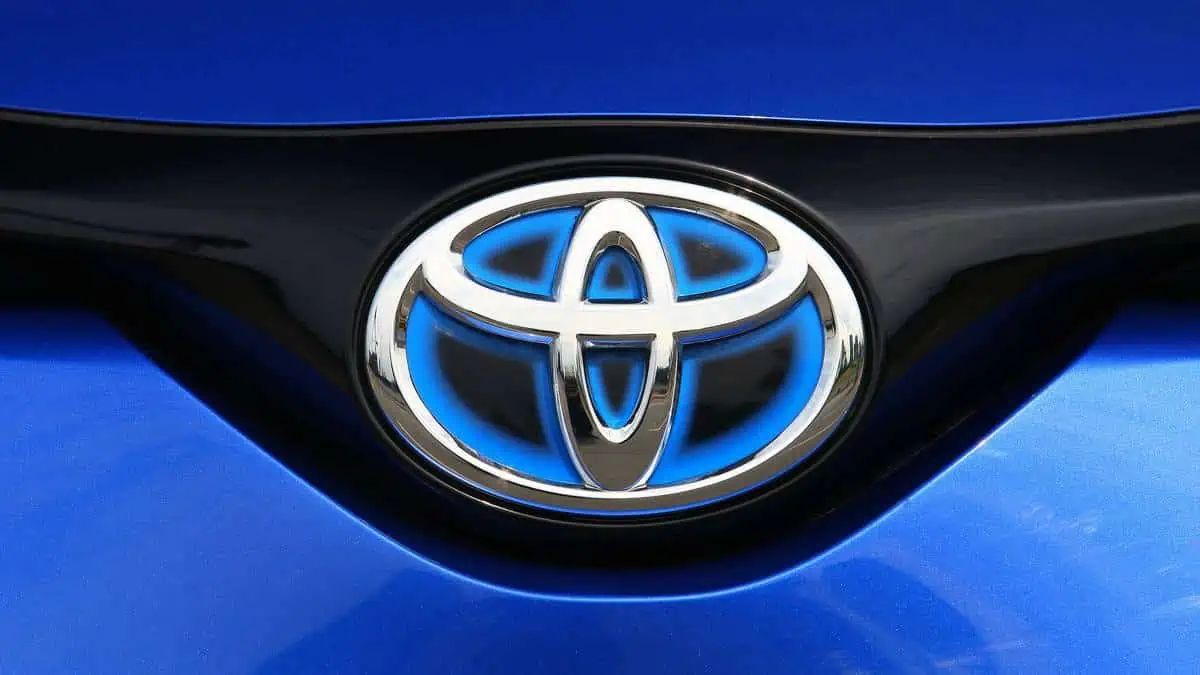The Düsseldorf Mercedes-Benz plant celebrated its 60th anniversary in April this year, and its next breakthrough on October 5: the production of the five millionth van, according to the article released by the company.
The first hour ‘Bremer’ and ‘Düsseldorfer’ van plants kicked off the production line as early as 1995. eSprinter, the five millionth van, has been produced since the end of 2019 in Düsseldorf, Germany.
“With the 5 millionth van, we are celebrating a very special milestone at the Düsseldorf plant. On this production anniversary, I warmly congratulate the plant and the entire team, without whose innovative strength, professionalism, and daily commitment, we would not be here today.” said Michael Hellman, site manager at the Mercedes-Bens plant in Düsseldorf.
“I am looking forward to the future of Düsseldorf and especially to further milestones such as, from 2023, the next generation of the eSprinter.”
The world’s largest plant of the Mercedes-Benz Van family, the Düsseldorf plant, was founded with the takeover of Auto-Union and integration into Daimler-Benz AG in the 1960s.
“With the prospect of the next generation eSprinter, 50 million euro were invested in the Düsseldorf location, which will be used to adapt production and further training for employees,” the article stated.
Additionally, Mercedes-Benz offers sustainable solutions for local emission-free transport and sets new standards for urban delivery traffic.
The next generation eSprinter will start production in the second half of 2023 in Charleston, South Carolina. It will be followed in Düsseldorf and Ludwigsfelde.
In addition, it will also be based on the recently developed ‘Electric Versatility Platform’ to open up new customer segments and markets in USA and Canada.
“Sustainable production is another important step on the way to CO2 neutrality. We have already set up various measures and will continue to consistently develop our production and logistics processes in the direction of the sustainability.” explained Hellman.
It is worth noting that the company also pursues a holistic, sustainable mobility approach. The production has transitioned to a CO2-neutral production since the beginning of 2022. The automaker slowly shifted to aim for a sustainable transport conversion.
Mercedes-Benz relies on renewable energy sources, including emission-reducing, new mobility approaches on the factory’s premises. Such as with the use of on-demand factory shuttles and driverless transport systems.
It is heading actively toward the goals of Ambition 2039 that private and commercial vans will be CO2 neural over the entirety of their lifespan.






